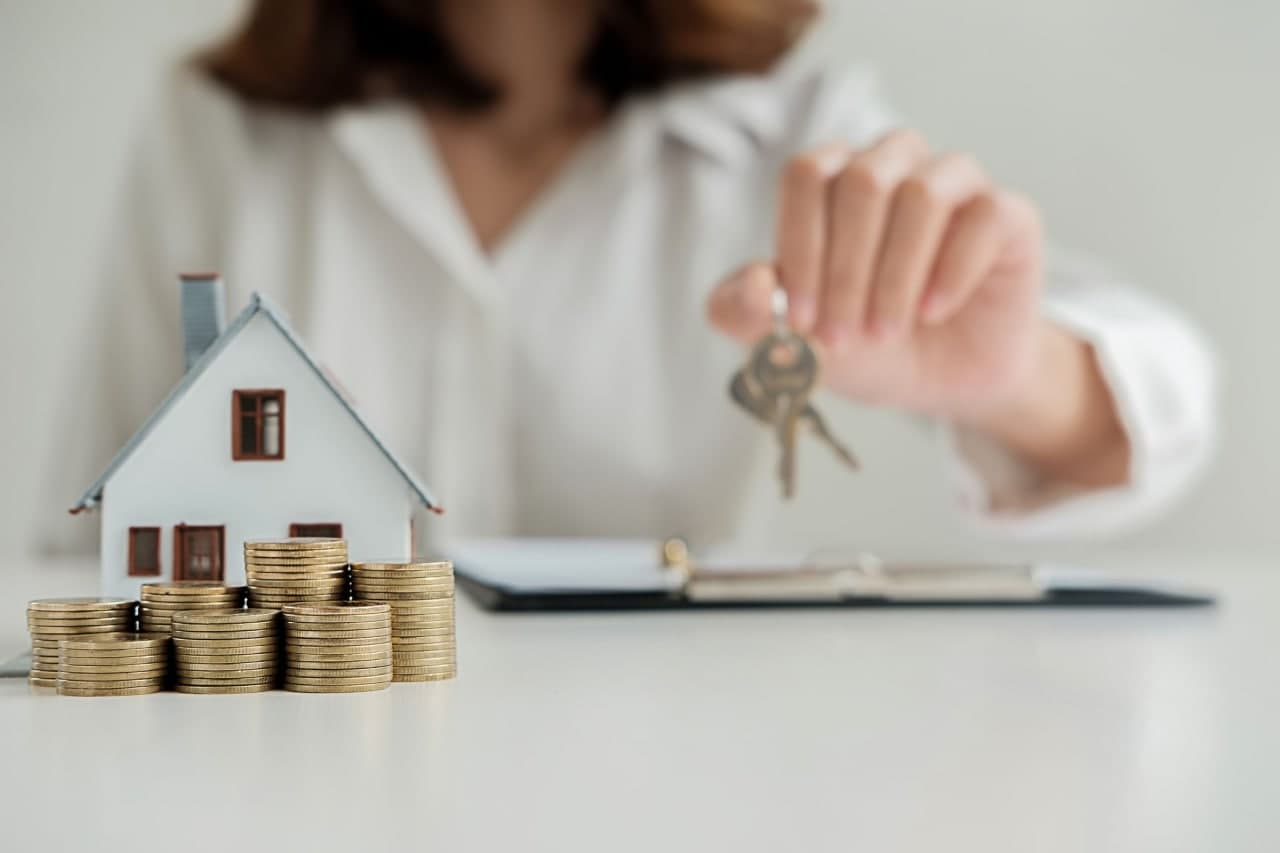You know the general rule: interest accrues over time. On this basis, it is necessary to reduce the time of repayment of the loan if you don’t want to pay more interest. Here’s how you can do it.
Why You Need to Pay Your Mortgage Early
Everyone with a mortgage wants to repay the mortgage early. After all, this way, you will secure a more secure pension, more money for your children’s university education, and also save significantly on the interest that must be paid during the remaining years of the loan.
The crucial detail is — some people can afford it, and some don’t.
To explore your options in better detail, let’s imagine a situation: you bought a house in a big city, for which you paid $1 million. This requires a minimum down payment of 20%, resulting in your mortgage being $800,000.
Let’s further imagine that over the 25-year term of the loan, you will maintain a constant interest rate of 3.5%.
Of course, $800,000 in debt sounds daunting. So what are the ways to accelerate the process?
1. Try to make more frequent payments.
If you make frequent payments, you’ll pay off the principal faster, and you’ll save money on interest costs in the long run.
You have multiple options:
Monthly;
Bi-weekly;
Weekly basis of payments.
In the example above, your monthly payment is about $3,990. Based on that, you can pay half that amount, which is $1,995 every two weeks. That sounds more comforting, doesn’t it?
However, since most months are not just four weeks (that is, 28 days), using the bi-weekly option, you will make the equivalent of one additional monthly payment throughout the year. This option is fairly simple, less intimidating, and helps you get out of the mortgage quickly and save on interest.
When you sign a contract with a lender, a payment schedule is drawn up that you can change when you extend your mortgage. Some lenders allow you to change it over time, so when your mortgage is currently maxed out on your cash flow with an increase coming, it’s a good idea to look for a lender who is flexible with payment schedule adjustments.
2. Set a goal for yourself: to pay lump sums
Have you received an inheritance, a bonus at work, or a tax refund? Celebrate a little, but don’t rush on an impulsive shopping spree. Apply this to your mortgage! Even with a relatively small amount of money, you can reduce time while saving money.
Here’s an example: by the second year of your mortgage, you have managed to save an extra $5,000. Over the next few years, if you combine that with paying your mortgage every two weeks, this one-time payment saves you about $7,000 in interest at the end of the amortization period, contributing to paying off your mortgage prematurely.
With an «open» mortgage, you can pay as much as you want, when you want. When you have been matched with a «closed» mortgage, you should inquire about the prepayment privileges in your contract.
3. Regular payments are better to increase
It is frustrating to have a huge amount of money deducted from your balance each month, but you can ease that inconvenience a little if you increase your payments at least a few dollars.
Suppose that after two years of getting a mortgage, you get a raise that allows you to add an extra $200 to your regular monthly payments of $3,990. Consider not spending this money on unnecessary things you could avoid because by using it, you save about $27,000 in interest over the life of the loan. This way, to get a better interest rate, you shorten the mortgage period by two years.
4. When renewing, try to keep your payments the same
When your term is up and it’s time to renew your mortgage, you’ll have the option of a lower interest rate, which helps reduce your regular payments. However, when you can afford to keep your payments the same, you will pay off your mortgage much faster.
With an $800,000 mortgage with an interest rate of 3.5 percent, you will have a balance at the end of the standard five-year term of about $690,000. Suppose you have the option to renew with a lower rate of 3%.
You could spend the next 20 years paying your new biweekly rate of about $1,909 — or continue paying $1,995, saving about $15,000 in interest over the remaining amortization period by paying off the mortgage a year early.
Summing up the results
Paying off your loan early is not only about saving money. It’s also about feeling positive and creating a «situation of success» for yourself. If you choose the right loan option (when the family does not feel the lack of money because of monthly payments), you can deal with the mortgage early and maybe develop a habit of saving your old mortgage payment at the same pace.
